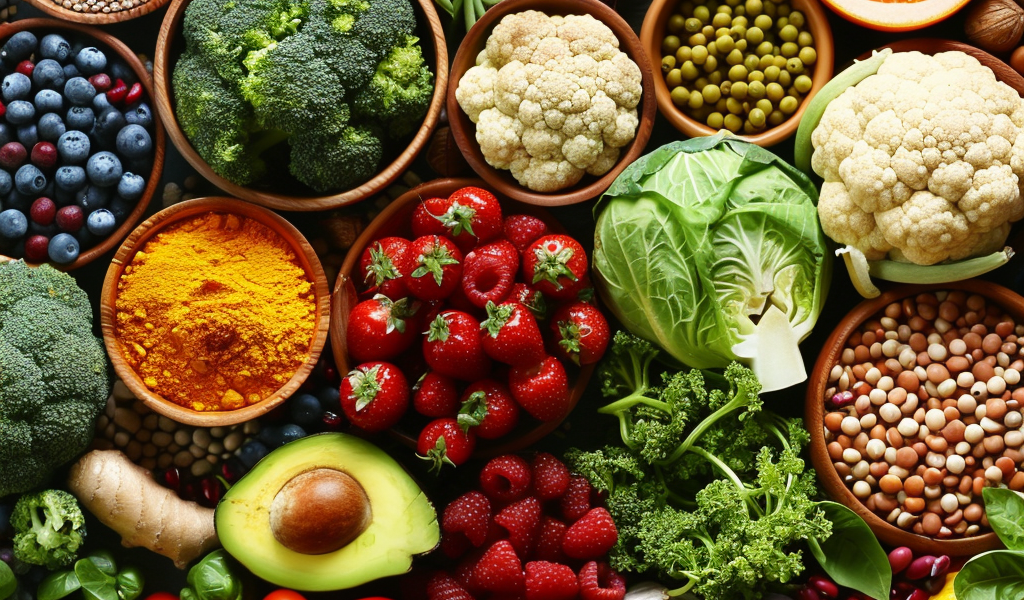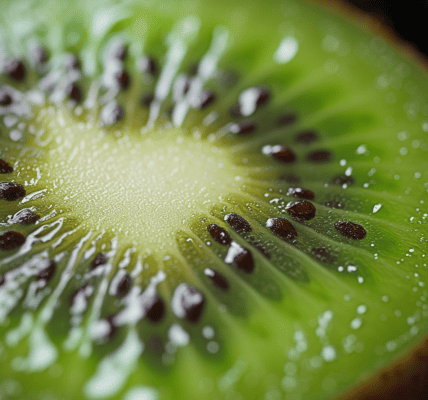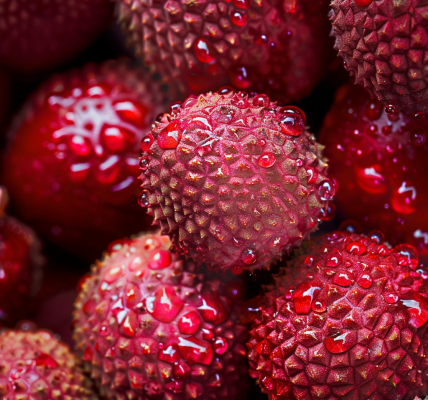Research has shown that adopting a healthy diet rich in nutrient-dense foods can play a significant role in the prevention and treatment of cancer. Certain foods have been identified to possess potent cancer-fighting properties, offering hope and empowerment in the battle against this devastating disease.
Berries, including strawberries, blueberries, and raspberries, are packed with antioxidants such as flavonoids and anthocyanins. These compounds help neutralize free radicals and reduce inflammation, potentially inhibiting cancer growth.
Cruciferous vegetables like broccoli, cauliflower, and Brussels sprouts contain sulforaphane and indole-3-carbinol, known for their ability to detoxify carcinogens, suppress tumor growth, and induce apoptosis in cancer cells.
Leafy greens such as spinach, kale, and Swiss chard are rich in vitamins, minerals, and phytochemicals that promote cellular health and support the body’s natural defense mechanisms against cancer.
Garlic contains organosulfur compounds like allicin, which have been shown to inhibit cancer cell proliferation, reduce inflammation, and enhance immune function, making it a potent ally in cancer prevention and treatment.
Turmeric, with its active compound curcumin, possesses powerful anti-inflammatory and antioxidant properties linked to the suppression of tumor growth and the prevention of cancer metastasis.
Tomatoes are a rich source of lycopene, a carotenoid antioxidant associated with a reduced risk of various cancers, including prostate, lung, and stomach cancer.
Green tea contains catechins, potent antioxidants that inhibit tumor growth, induce apoptosis in cancer cells, and reduce the risk of certain cancers, particularly breast, prostate, and colorectal cancer.
Walnuts, rich in omega-3 fatty acids, antioxidants, and polyphenols, have been shown to suppress cancer cell proliferation, inhibit angiogenesis, and induce apoptosis in cancer cells.
Beans and legumes like lentils, chickpeas, and black beans are excellent sources of fiber, protein, and phytochemicals linked to a reduced risk of colorectal cancer and other types of cancer.
Citrus fruits such as oranges, lemons, and grapefruits are rich in vitamin C, flavonoids, and limonoids, possessing antioxidant, anti-inflammatory, and anti-cancer properties, protecting against various types of cancer.





